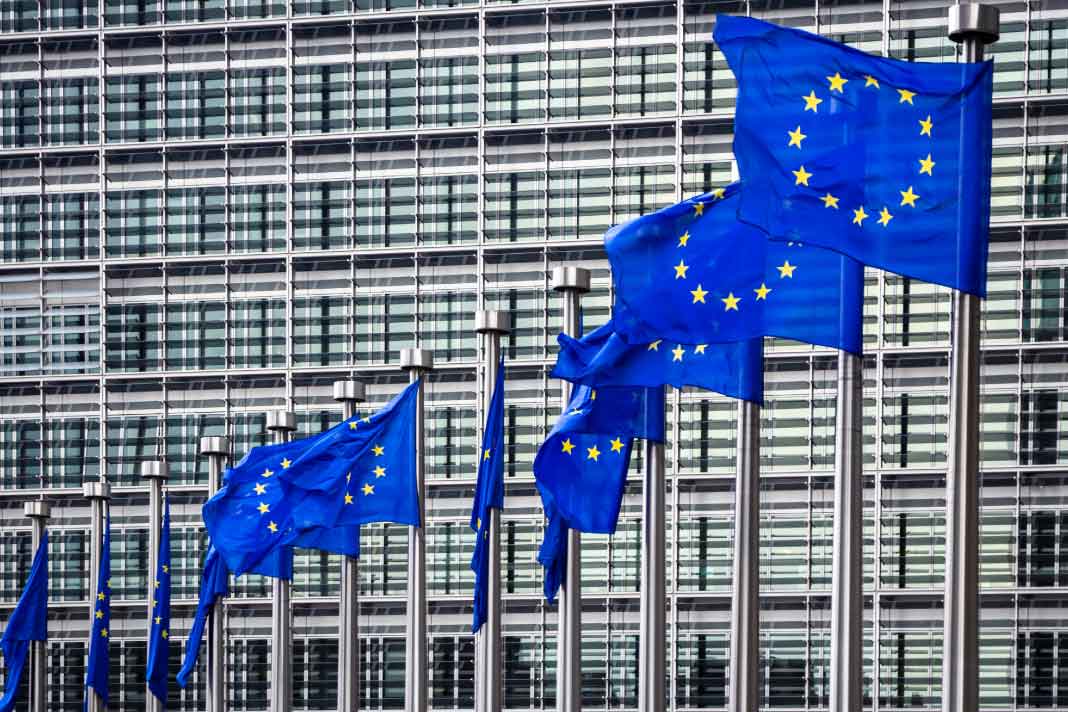Brussels moves to relax GDPR rules to fuel AI growth, sparking fierce debate over privacy, innovation, and Europe’s tech competitiveness.
European Union officials are preparing to propose a significant overhaul of the bloc’s signature privacy law, the General Data Protection Regulation (GDPR), to fuel the growth of artificial intelligence (AI) and boost Europe’s economic competitiveness.
Draft documents obtained by POLITICO reveal that the European Commission plans to introduce a “digital omnibus” package later this month that includes far-reaching amendments to the GDPR. This move is expected to trigger a massive political and lobbying storm, as the GDPR is widely considered the “third rail” of EU tech policy.
Also Read: How Explainable AI Builds Trust in Data Decisions
Key Proposed Privacy Rule Changes
The draft proposal indicates that the Commission is willing to go further than previously suggested to appease the tech industry, which has frequently criticized the GDPR as a barrier to AI innovation. Former Italian Prime Minister Mario Draghi previously named the regulation as a hindrance in his landmark competitiveness report.
The draft changes would offer AI companies new legal leeway in how they handle data:
- Processing Special Categories of Data: New exceptions would be created, allowing AI developers to legally process sensitive data—including religious or political beliefs, ethnicity, or health data—for training and operating their technology.
- Redefining Personal Data: The Commission seeks to reframe the definition of both special category data and personal data. Notably, the proposal suggests that pseudonymized data (where personal details are obscured) might not always be subject to GDPR’s protections, reflecting a recent ruling by the EU’s top court.
- Cookie Banner Reform: Officials aim to reform the contentious “cookie banner” rules by introducing a provision into the GDPR that would provide website and app owners with additional legal grounds to justify tracking users beyond obtaining explicit consent.
These changes are a direct response to a trend where EU privacy regulators, such as the Irish Data Protection Commission and Italy’s data protection authority, have delayed or temporarily blocked the rollout of AI applications by major companies like Meta, X, LinkedIn, Google, and OpenAI’s ChatGPT due to privacy concerns.
Political and Civil Society Backlash
The decision to amend the GDPR, which took years to negotiate and triggered one of Brussels’ largest-ever lobbying efforts between 2012 and 2016, has already drawn sharp criticism.
Privacy campaigners are sounding the alarm:
- Max Schrems, founder of the Austrian privacy group Noyb, accused the Commission of “secretly trying to overrun everyone else in Brussels” through a “poorly drafted ‘quick shot’ in a highly complex and sensitive area.”
- Jan Philipp Albrecht, a German politician and one of the GDPR’s chief architects, questioned the fundamental implications: “Is this the end of data protection and privacy as we have signed it into the EU treaty and fundamental rights charter?”
The Commission is being criticized for a rushed process, having concluded the public consultation on the omnibus in October and opting not to prepare comprehensive impact assessments for the proposals.
Also Read: AI vs. AI: The $10B Cybersecurity Battle You’re Missing
Divided Member States and Lawmakers
The omnibus package must still be approved by EU member countries and the European Parliament, where lawmakers are already split on the issue:
- Opposition: Documents show that Estonia, France, Austria, and Slovenia are firmly opposed to any revision of the GDPR. Czech Greens lawmaker Markéta Gregorová warned that Europeans’ fundamental rights “must carry more weight than financial interests.”
- Support: Germany, a traditionally privacy-minded country, is reportedly pushing for significant changes to support its AI sector. Finnish center-right lawmaker Aura Salla—a former Meta lobbyist—said she would “warmly” welcome the proposal if it brings legal certainty and ensures that European companies, not just “third country giants,” gain a competitive edge.
The proposal is scheduled to be officially unveiled on November 19, although the final draft may still undergo modifications.



